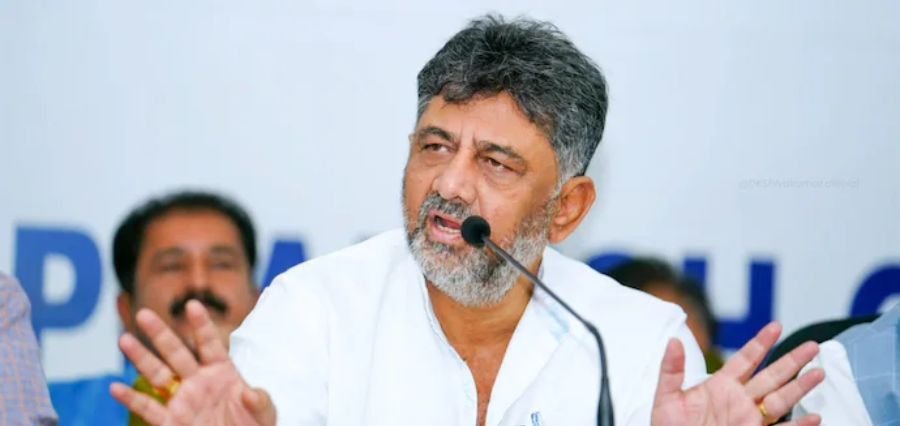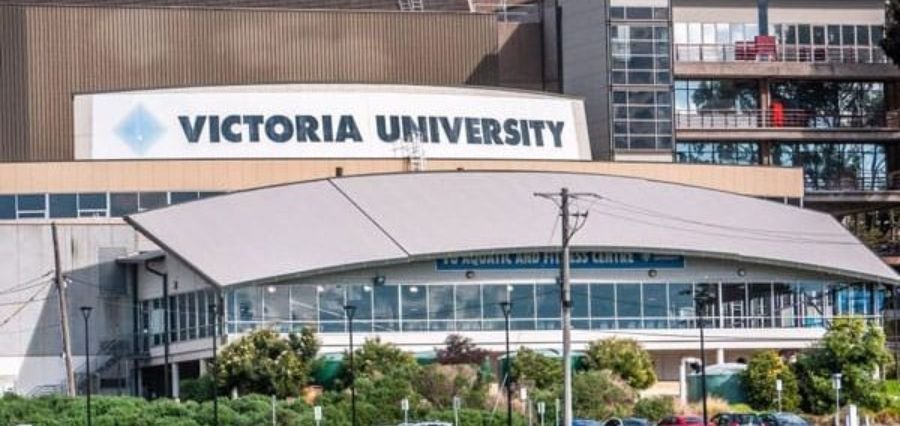Prime Highlights
- Karnataka Deputy Chief Minister D.K. Shivakumar requested to introduce a Bachelor’s program in Urban Planning at Visvesvaraya Technological University (VTU).
- The move is to enhance professional competence to tackle India’s increasing urban issues and enhance city-scale planning.
Key Facts
- Shivakumar suggested introducing the course first at SKSJTI, Mysuru under VTU.
- It will emphasize the development of urban planners for smooth city and infrastructure administration.
Key Background
India is also experiencing a historic scale of urbanization, with close to 600 million Indians to be in cities by 2030. But this urbanization has outpaced the resources of current infrastructure and planning resources. Indian cities suffer from unmanaged growth, lack of zoning, congestion, poor housing, and weakly developed civic facilities. Feeling these accumulation of problems, Karnataka Deputy Chief Minister D.K. Shivakumar devised a visionary idea. He suggested Bangalore to become a private city in the days ahead.
Shivakumar formally placed a proposal on 23 July for adding a Bachelor’s programme in Urban Town Planning under the VTU umbrella. He suggested the program start in the Government SKSJTI campus in Mysuru, which has an existing background in technical training. The academic venture is looked upon as an investment of strategy towards the development of a next generation of urban planning professionals.
The proposed program would center around important themes like land use planning, urban transport systems, environment sustainability, and infrastructure management. It would respond to skill deficits in local governments and offer technical advice to municipal governments. Planned development would play a significant role for professional urban planners in making cities intelligent, livable, and sustainable.
Shivakumar’s address also refers to his role as Bengaluru Development Minister, where he personally makes positive interventions to address the ills of the city. His focus on education as an antidote to fight structural urban maladies is a long-term strategy. If it all goes well, the action plan can be emulated by other states, and with that, there can be a national approach towards professional urban governance.
This effort is a timely and visionary move to India’s urban crisis-placing Karnataka in the world map as a model of integrating city planning education and state policy.




